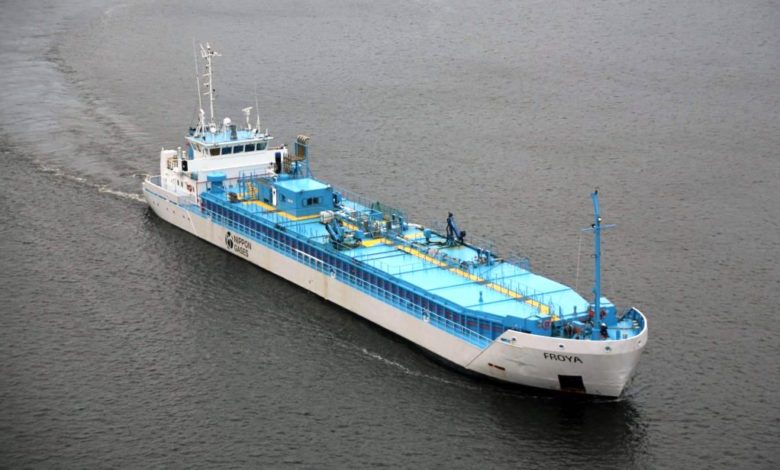Lithuania looks at liquefied CO2 shipping

Several European projects involving ports and the marine sector have recently been announced which will identify the challenges and opportunities affecting the development of carbon capture, storage and utilisation technologies, and the related infrastructure requirements.
The latest addition to the list is a feasibility study which will investigate the development of a liquefied CO2 (LCO2) terminal based at the Klaipeda seaport in Lithuania.
The project partners are oil and LNG terminal operator AB Klaipedos nafta (KN), Norway’s Larvik Shipping and Japan’s Mitsui OSK Lines (MOL).
The recently published Lithuanian National Energy and Climate Action Plan for 2021-2030 identified carbon capture and the production of clean hydrogen as promising areas that require further investigation.
KN noted that it recognises the importance and synergy of hydrogen and carbon markets and during 2020 participated in the formation of the Lithuanian Hydrogen Platform – which brings industry and government together in the joint decarbonisation effort.
The main task of this feasibility study will be to identify an optimised national and/or wider Baltic configuration for the collection and export of LCO2 from Klaipeda to one or more sequestration facilities within Europe. It also includes the possibility to produce blue hydrogen to assist Lithuania in its goal of becoming a zero-emission economy.
